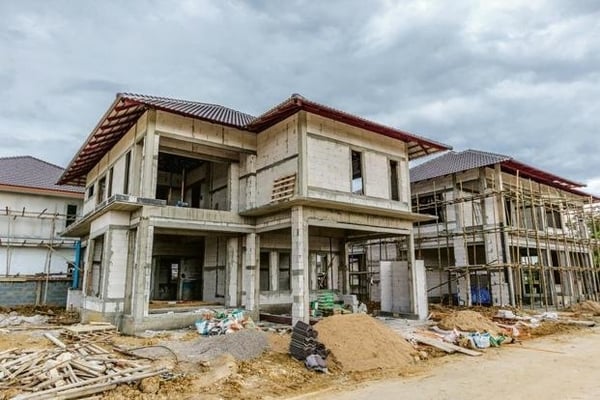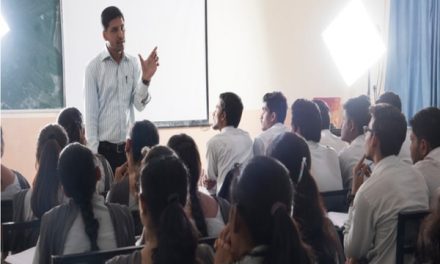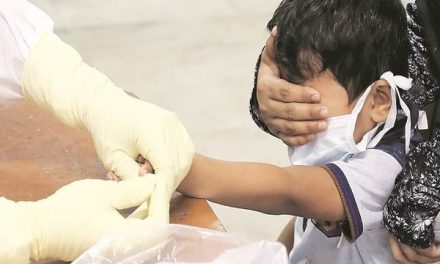Banks have started refunding the compound interest charged on specified loan accounts during the moratorium period to the borrowers. Last week, the Reserve Bank of India (RBI) had asked all lending institutions, including non-banking financial companies, to ensure that the scheme of waiver of interest on interest for loans up to ₹2 crores for the six-month moratorium period is implemented by November 5.
“Dear customer credited COVID-19 Relief ex-gratia of … on November 3 to your account,” a message from a public sector bank to a customer said.
Centre launches Nurturing Neighbourhoods Challenge to nurture family-friendly cities
Issuing additional frequently asked questions (FAQs) on the scheme, the finance ministry on Wednesday said consumptions loans, including those backed by gold as collateral, are eligible for the waiver.
“Individual loans from the eight eligible categories of borrowers, including those categorized as Micro, Small and Medium Enterprises (MSME) by the lending institution, are covered under the scheme irrespective of the nature of the guarantee,” it said.
Regardless of the type of guarantee for these loans, their eligibility will not be affected. This second set of answers to common questions has been released by the Finance Ministry within a few days. The ministry has clarified things before the last day of implementation of the plan. The government announced the scheme only last month following an order from the Supreme Court.
The government announced the return of the difference between compound interest and general interest to the debt accounts as a grace grant payment scheme over a period of six months. Housing loans, education loans, credit card dues, auto loans, MSME loans, loans for durable consumer goods and consumption loans have been kept under the scheme.
However, loans taken for agricultural and allied activities are excluded from this rebate scheme. The scheme provides for waiver of interest on interest on outstanding loan accounts up to Rs 2 crore by banks and lending institutions from March 1, 2020, to August 31, 2020, and returns this amount to the borrowers’ accounts as ex-gratia grant payment. will go.












